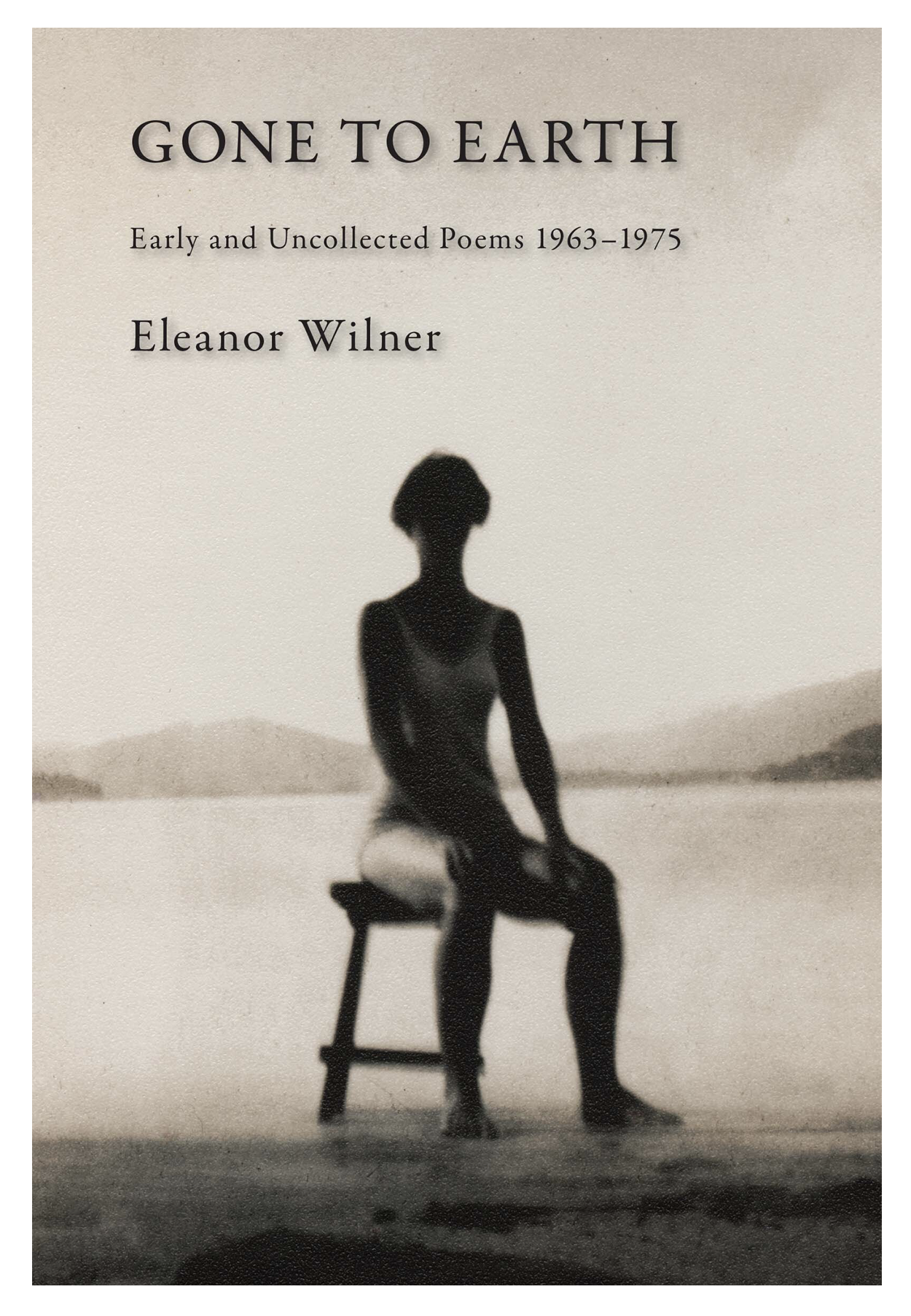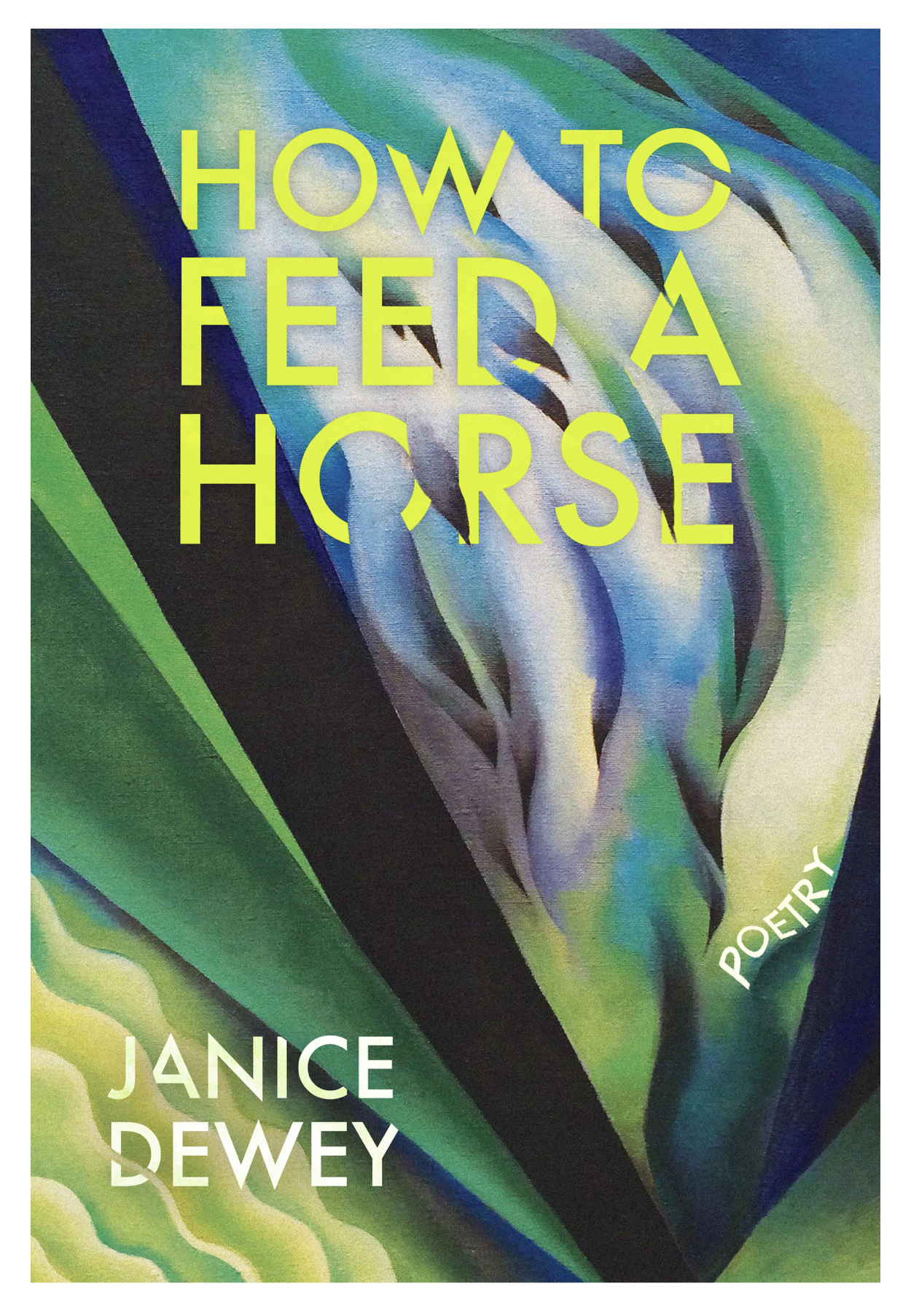Shop Crooked Hearts Press
Printed Work

Gone To Earth
by- Eleanor Wilner
Gone to Earth brings to light, late in the long, distinguished career of poet Eleanor Wilner, her early uncollected poems—an unveiling of the first stages of a vital, imaginative process, in whose evocative, imagistic landscapes is enacted a drama of emergence from entrapment. In the often-painful drama of new birth, from the deadly strictures and oppressions of the older social forms, come the living forces undermining them—new life seeded out of a decaying order: “a wet nose / breaks the earth, and sniffs the river air.” Written during the poet’s immersion in the civil rights movement and the protests against the Vietnam War, an inner liberating struggle is tuned to a collective channel where communal memory and vision are undergoing transformation.

How To Feed A Horse
by- Janice Dewey
How to Feed a Horse is a manuscript in three parts: One, “Ranch Poems,” activities, contemplations, awareness of the creek environment. Two, “Numerology,” disparate poems that invite us to consider the absurd in our language, politics, history, and human relationships. Three, “Her(e),” conversations with a network of women, some imagined, some historic, some intimate. The author’s preoccupations with climate change and our deteriorating planetary environment surface as she gives herself over to be witness to the landscape, its decline and perseverance, its glory and rich legacy. The poems are also love poems; they show the ecstasy and shock of the now.
What People Are Saying


